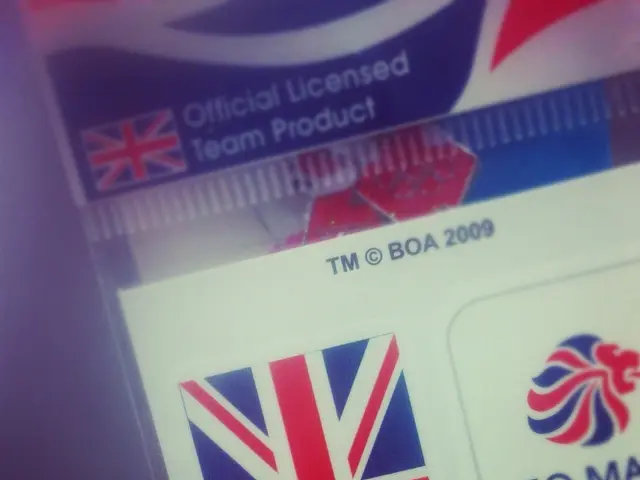Unauthorized Transference of $310,000 from Wells Fargo Account - Bank Refuses Reimbursement, Cites Absence of Funds at JPMorgan Chase
Hey there! Today, let's chat about a tale that'll make your blood boil. We're talking about Steve, a guy who found his $310k--you read that right--disappear from his account!
Steve's wife had sent a business check to the IRS, and to Steve and his wife's relief, thought nothing of it. But when Steve got wind that the check hadn't been deposited, he started investigating. Turns out, unscrupulous folks had tampered with the check, replacing "IRS" with a name Steve had never heard of, and that check ended up getting deposited into someone else's account.
When Steve reported the fraud to Wells Fargo, you'd think they'd be all sympathetic and help him get back his hard-earned cash, right? Ha! Not quite. Wells Fargo rejected Steve's claim, citing that he had taken too long to report the fraud.
Now, imagine being Steve, having a chunk of your life's savings swiped, and your bank acting all nonchalant about it. The nerve! It's not like Steve was able to just shrug it off and move on. He's stunned, frustrated, and feeling just plain screwed over.
"I'm just shocked that [banks] don't have insurance for this kind of thing, or with all the fraud stuff they're doing, that they don't care about protecting the consumer."
"I just can't believe that in this day and age, someone could steal $310,000 and both Chase and Wells Fargo just say, 'Tough luck.' They have no checks and balances, or nothing in place to protect us."
But tell me, what are the odds? As it turns out, Steve isn't alone in his struggles to get banks to play fair. According to reports, banks have their own little tricks, rules, and loopholes to shift the blame and avoid restoring lost funds. Luckily, there are ways to navigate their nonsense and actually stand a chance of getting something back.
So, what can you do if you find yourself in Steve's shoes? First and foremost: report the fraud ASAP! Second, keep those records intact, have evidence galore, and don't hesitate to escalate the matter to regulatory agencies if the bank gives you the runaround. Remember, it's not personal--they're just doing their part to uphold their profits, so it's on you to wave that red flag high and scream for justice. Good luck, fellow fighters!
Sources:
- Fortune
- JPMorgan Chase
- Daily Hodl (PRIORITY)
- Office of the Comptroller of the Currency (OCC)
- Consumer Financial Protection Bureau (CFPB)
- Federal Bureau of Investigation’s Internet Crime Complaint Center
In the unpredictable world of finance, tales like Steve's are all too common, with criminals as slick as a well-oiled eel. Steve, a victim of $310k fraud, found his bank, Wells Fargo, less sympathetic and more nonchalant than he'd hoped. Despite this, hundreds like him face similar struggles, as reports reveal that banks employ their own set of rules and loopholes to evade restoring lost funds.
In the realm of cryptocurrency, altcoins like Ethereum, part of the vibrant cryptocurrency industry, are no stranger to fraudsters. Blockchain technology, the backbone of the cryptocurrency market, is designed to ensure security and transparency. However, criminals have found ways to exploit its intricate system, leading to cases of stolen assets.
When it comes to banking-and-insurance institutions, they too need to up their game to maintain trust from consumers. Kaiko, a leading analytical data firm, has been keeping tabs on these trends in the general news, often highlighting instances of fraud and crime in the industry.
If one day you find yourself in a situation like Steve, where you've lost a significant chunk of your savings,remember to act swiftly. Report the fraud immediately, compile evidence and don't shy away from seeking help from regulatory agencies if needed. Just as in the case of Steve, you may have to raise that red flag high and scream for justice, as it's not personal, it's part of their strategy to protect their profits.










